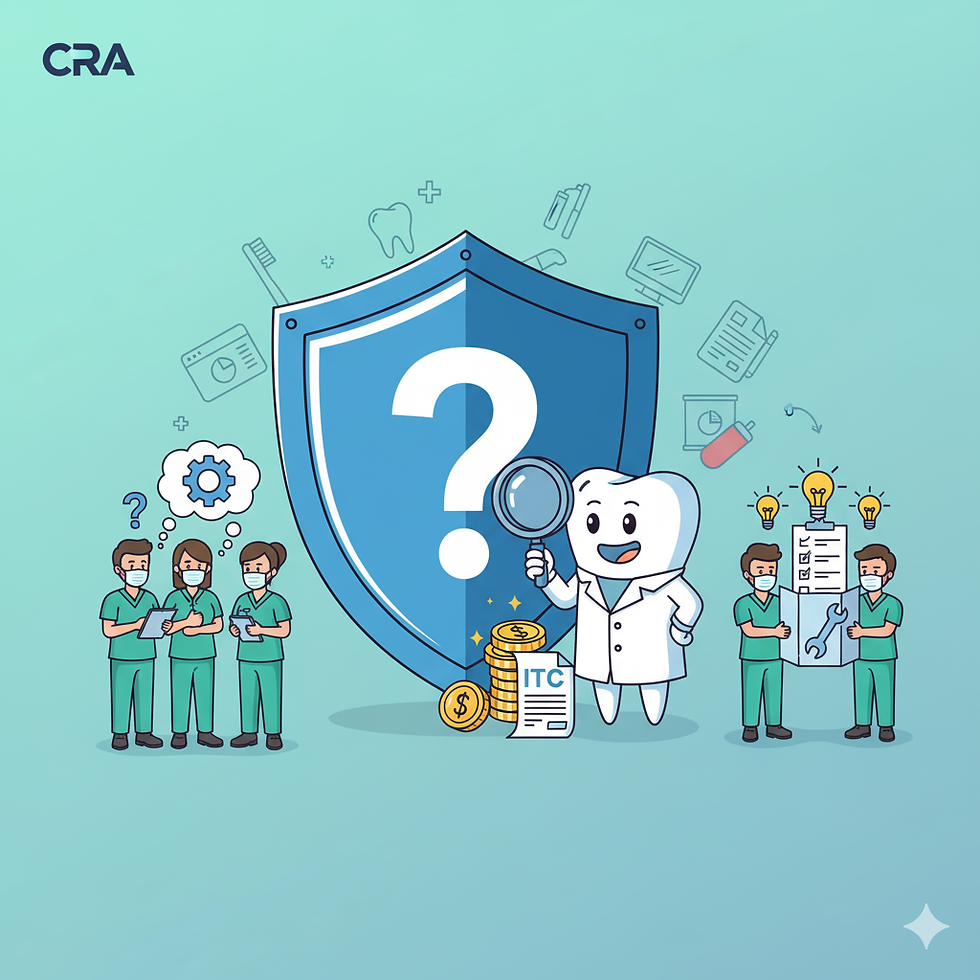Retirement Made Easy: IPPs vs. RCAs—Which Team Are You On?
- Xponents CPA
- Nov 29, 2024
- 3 min read
Updated: Dec 1, 2024

Let’s be honest: retirement planning can feel as thrilling as reading the fine print on a warranty. But if you’re an owner-manager dreaming of stress-free sunsets and cocktails (or whatever your retirement vibe is), it’s time to get excited. Two heavyweights are here to make your financial dreams come true: Individual Pension Plans (IPPs) and Retirement Compensation Arrangements (RCAs). These aren’t just boring tax tools—they’re your golden tickets to retirement success. Let’s break them down in a way that’s more fun than watching your investments grow (well, almost).
Individual Pension Plans (IPPs): The Super-Saver’s Secret Weapon
What Exactly is an IPP?
Think of an IPP as your retirement personal trainer. It’s a defined benefit plan designed for the high-earning, business-owning, 50-plus crowd. Unlike an RRSP, which depends on how much you save (and how the market performs), an IPP promises a set retirement income. That’s right—guaranteed money, baby.
Why IPPs Are Awesome
1. Big Bucks for Big Earners
If you’re over 50 and making a solid income, IPPs let you save way more than RRSPs. It’s like having VIP access to the retirement savings club.
2. Tax Perks Galore
Your company gets a juicy tax deduction for IPP contributions, and the money inside grows tax-free until you cash out. It’s a win-win: your future self will thank you, and your business gets a high-five now.
3. Blast from the Past
Wish you started saving earlier? An IPP can help you make up for lost time by letting your company contribute for previous years of work. Hello, retirement boost!
The Fine Print
IPPs are fancy, but they come with a price tag. Setup and maintenance costs are higher than your average RRSP, and you’ll need an actuary to crunch numbers. Plus, if you’re young and earning a lower salary, an IPP might not be worth the splurge—stick with an RRSP for now.
Retirement Compensation Arrangements (RCAs): The Wild Card
So, What’s an RCA?
An RCA is like a trust fund for your retirement, but with a twist. Your company puts money into a special fund for you, but—plot twist!—half of it gets taxed upfront. Don’t panic. That 50% is refundable when you start withdrawing in retirement. It’s a little like loaning the government money, but it’s worth it if you play your cards right.
Why RCAs Are Cool
1. Ultimate Flexibility
Unlike IPPs, RCAs give you the freedom to withdraw funds how and when you want. Lump sum? Monthly income? It’s your call.
2. Corporate Tax Breaks
Your company gets a tax deduction for contributing to the RCA, which makes it a savvy choice for businesses with surplus cash.
3. Tax Planning Mastery
Thinking about retiring in a sunny, tax-friendly country? RCAs are perfect for minimizing taxes while maximizing your retirement income abroad.
The Catch
RCAs aren’t for everyone. That 50% refundable tax means less money to grow your investment right away. Plus, creative tax strategies like the old “Loan-Back Plan” (where RCAs lent money back to the company) are no longer legal. Boo, tax changes!
IPP or RCA: Which is Your Retirement Soulmate?
The truth is, both IPPs and RCAs have their superpowers. Here’s how to pick your team:
● Team IPP:
○ You’re over 50 and making serious money.
○ You want predictable, structured retirement income.
○ You don’t mind paying for actuarial help and admin costs.
● Team RCA:
○ You’re planning a flexible or international retirement.
○ You have corporate surplus cash begging to be invested.
○ You’re cool with upfront taxes for long-term benefits.
Retirement Planning That Doesn’t Suck
Think of IPPs as the structured, dependable A-student in your retirement toolbox. They’re great for building a rock-solid financial future. Meanwhile, RCAs are the free-spirited creatives: flexible, adaptable, and perfect for those who love options. Together, they’re the dream team of retirement planning.
What’s next? Grab a coffee (or a margarita) and chat with your financial advisor. With their help, you’ll find the perfect strategy to retire like a pro—and maybe even enjoy the process along the way. Because let’s face it: you’ve earned this.



Comments